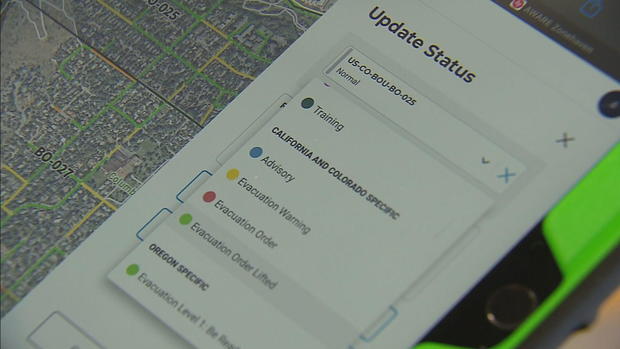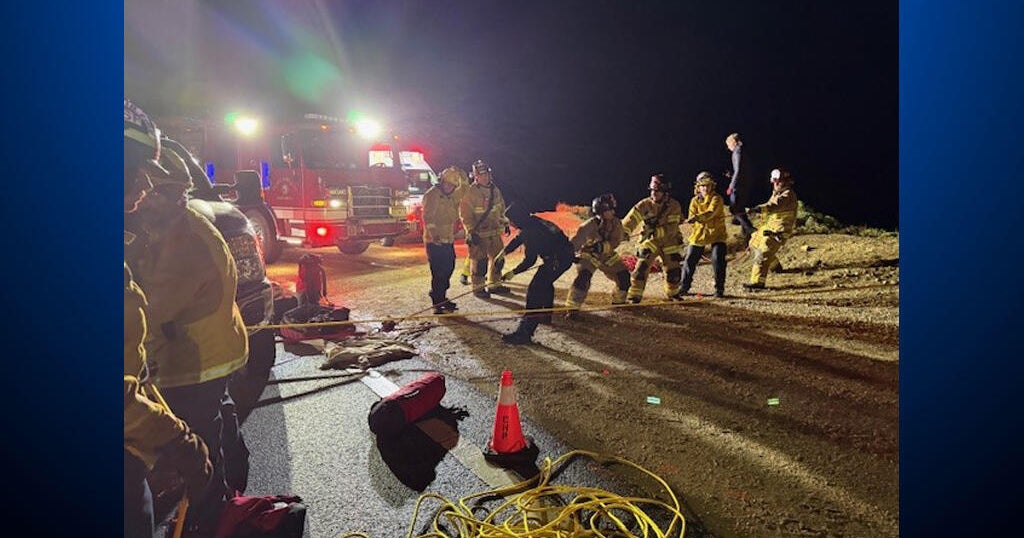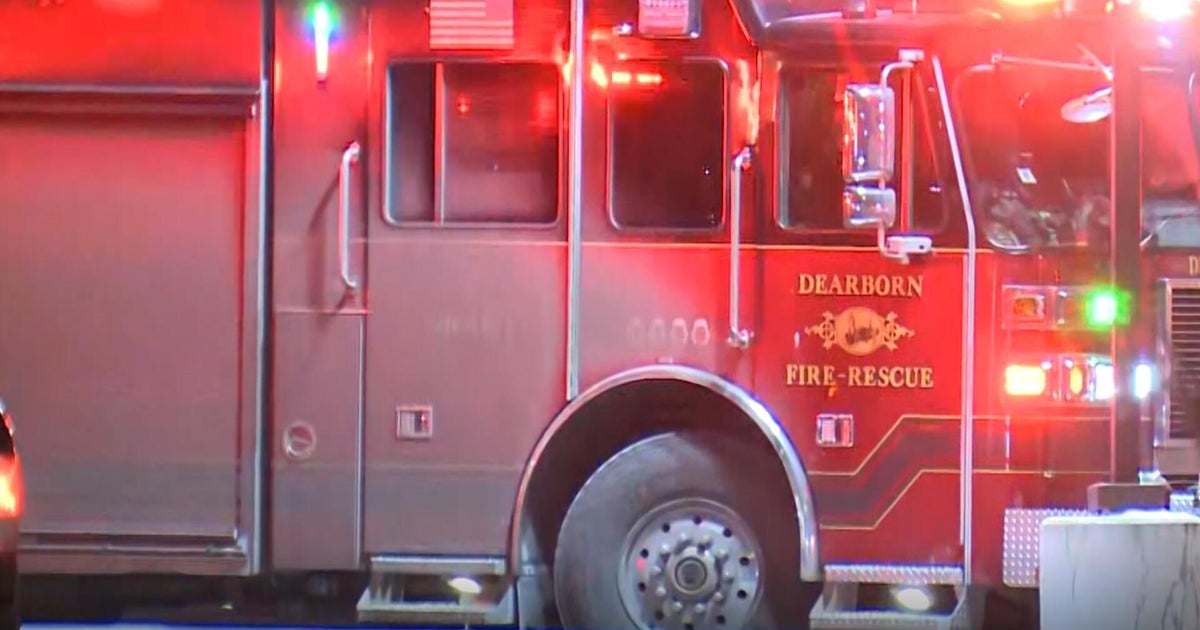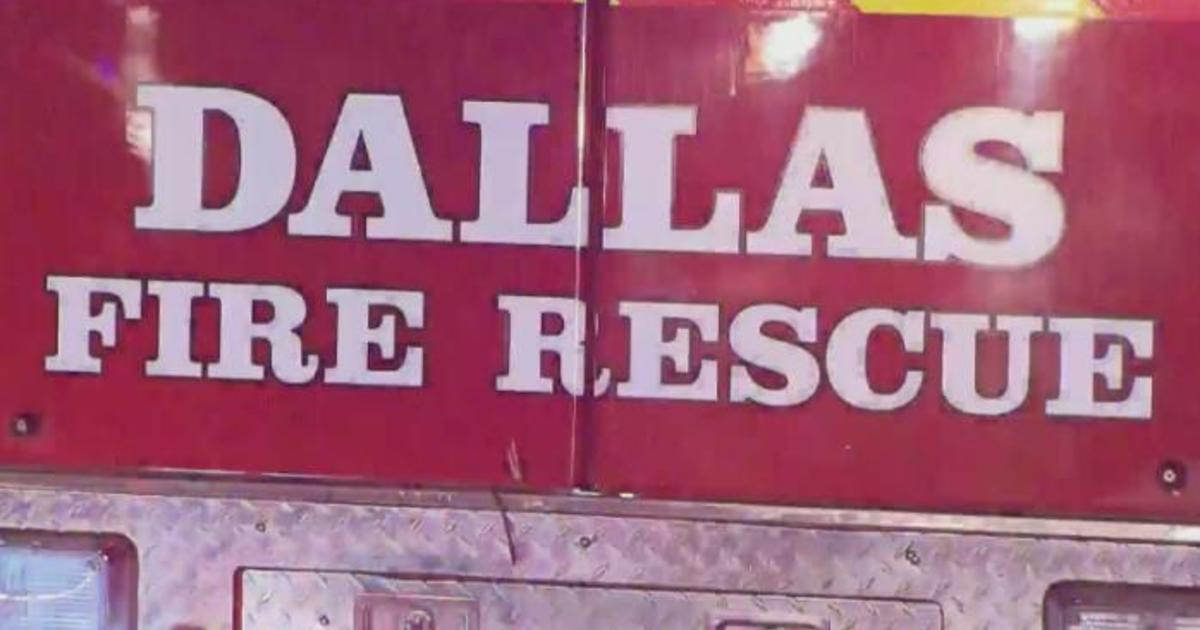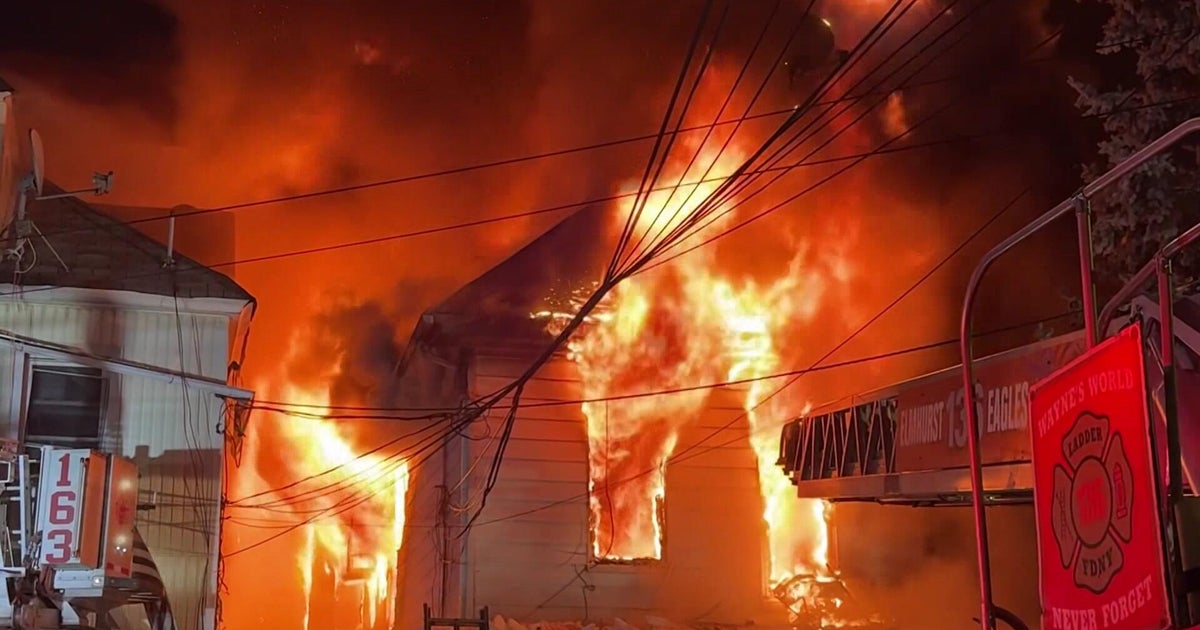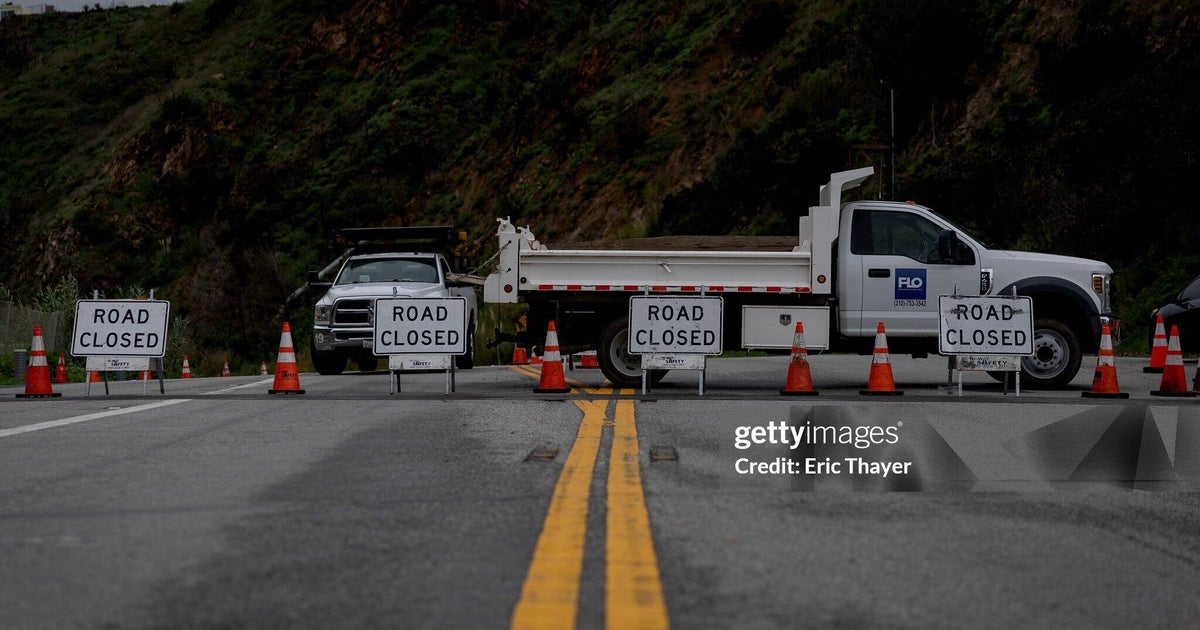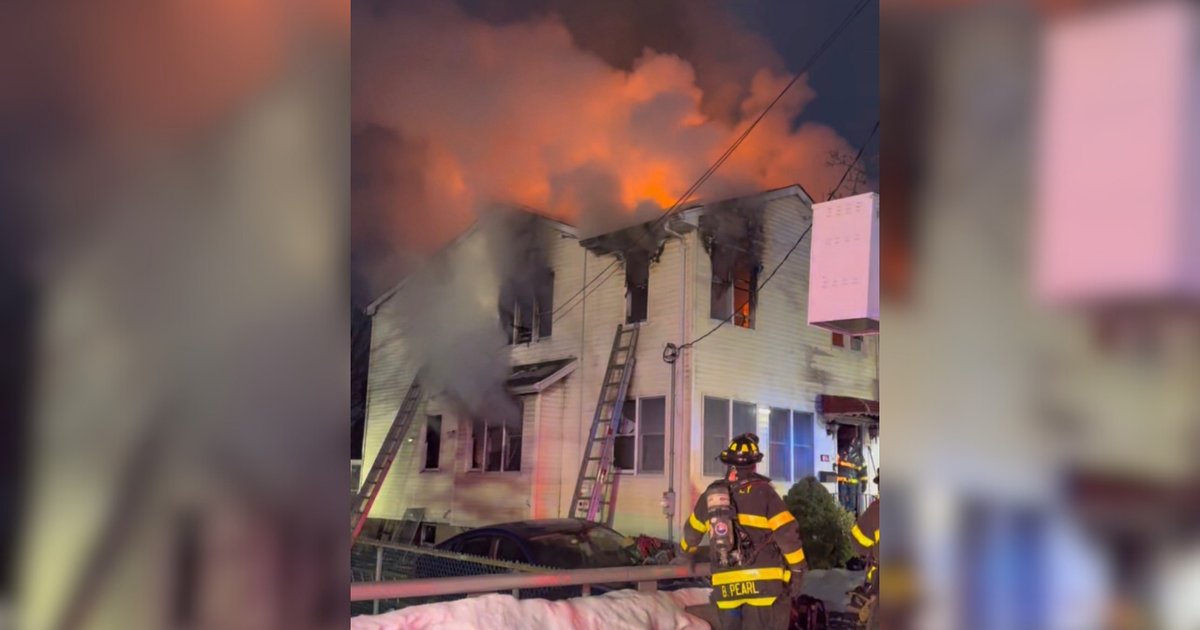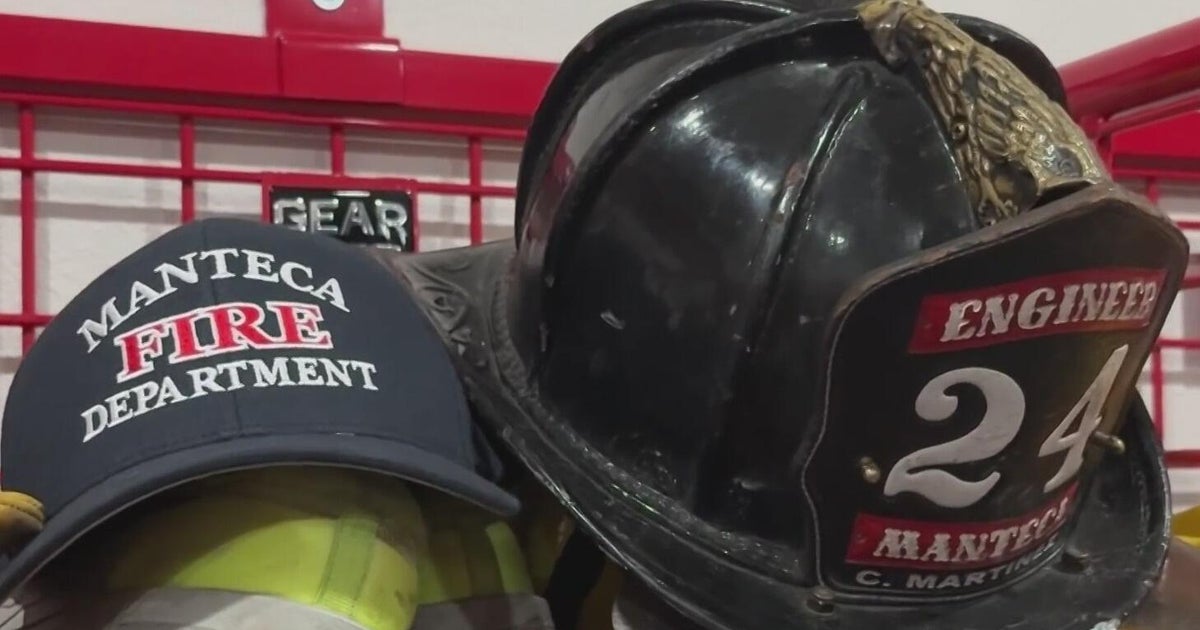Boulder Fire unveils new evacuation system in wake of Marshall Fire
As the one-year anniversary of the Marshall Fire approaches, Boulder Fire is rolling out a new evacuation system.
Wildland Fire Chief Brian Oliver says the fire was unlike any he's ever seen, comparing it to a hurricane.
"We don't mobilize firefighters or first responders to fight that we evacuate people," he said.
But, many of those who live in the burn scar area say they didn't receive any warning, and hundreds of people, including Tawnya Somauroo, ended up stuck in traffic as the fire approached.
"Louisville was a bottleneck. There was no traffic control and it put a lot of lives at risk," she said.
Oliver says a new software mapping system will be a game changer.
"The old school way of doing evacuations is an incident commander on the hood of a truck drawing on a map. It's a 25-45 minute process from when we say we need to evacuate this area to that alert getting out."
He says the new system called Zone Haven, takes as little as 60 seconds. Firefighters can evacuate areas, or zones, of the city by simply highlighting them on a preloaded map. While dispatchers still need to issue alerts, Oliver says, residents and law enforcement don't have to wait.
They can go online and see immediately which zones are evacuated or on standby.
"They can go on the website and see, 'evacuate neighborhood due wildfire', here's where you need to go and the route you need to take. We can add traffic control points, road closures," he said.
The city is now launching an education campaign called "Know Your Zone," as Oliver hopes other departments in Boulder County join them.
"Fire doesn't know jurisdictional boundaries so we all need to be on the same page," Oliver said.
Somauroo, who lost her house in the Marshall Fire, agrees. She and other fire victims are pushing for a county-wide evacuation plan too.
Meanwhile, she hopes, the Marshall Fire is a wake-up call for everyone.
"If you have any indication a fire might come your way, you need to act and not wait to get instructions from the fire or police department," Somauroo said.
Boulder Fire is not only changing how it evacuates people, but how it responds to fires. Typically, it sends a single engine to investigate when it receives a report of smoke. Now, on high wind days, it will staff up and send multiple units.
Oliver says the fire also highlighted the need for better mental health support for firefighters.
He says the department has hired a nonprofit called Building Warriors to help firefighters struggling with PTSD. The non-profit's counselors are former first responders.

